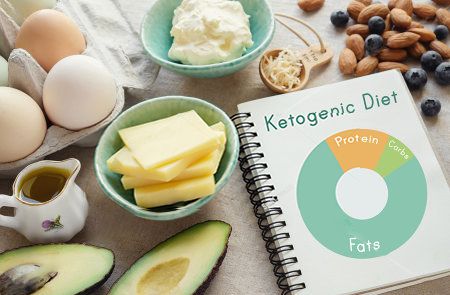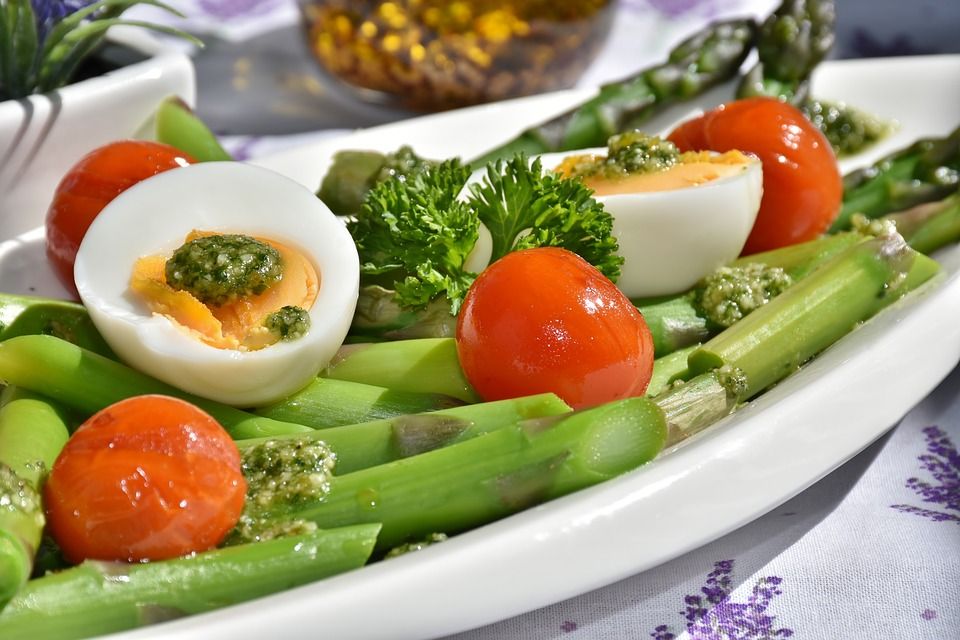Keto diet: Everything vegetarians must know

Keto is about fats and proteins which have no carbs a finding the same and replacing meats especially while on a vegetarian form is difficult. However it is not an impossible task. More than fruits and vegetables, a keto diet meal plan mostly includes non-vegetarian food, maybe, because veggies are carb dense. But here are tips to effectively manage keto while being a vegetarian:
1. Supervision is required
The keto diet is a medical diet and meant for illnesses. Even if you want to follow it for your weight goals understand that this a lifestyle change. Especially for following a vegetarian option get a professionally planned eating chart from a registered dietician. The safest way to follow this type of eating would be getting it medically supervised.
2. Be goal oriented
A Ketogenic diet is not a tool for quick weight loss, your goal should be optimum health and great energy. If you are trying it as a fad, please be careful as the weight will come back. Set a realistic goal and do not go back to your old habits.
3. Track your meals
An important step for a vegetarian keto diet is to keep a record of your meals and prepare them with creativity. Track what you are eating in every meal and review with your dietitian on a regular basis. Always keep a check on your carb level. Supplement with nutrients that you may not be getting enough of like vitamins D3, DHA & EPA, iron, and zinc.
4. Keep it short
Experts suggest that you should not only be supervised but also limit your time of the diet as well. Studies propose that being in ketosis for short period of time is safe rather than continuing it for long.

Here is the list of foods that you can eat:
Vegan meats: tempeh, tofu, seitan, and other high-protein, low-carb vegan “meats”
Greens: spinach, kale, broccoli, cauliflower, zucchini, lettuce etc.
High Fat Dairy & Eggs: hard cheeses, high fat cream, butter, eggs, etc.
Nuts and seeds : pistachios, almonds, sunflower seeds, pumpkin seeds, etc.
Avocado and berries: raspberries, blackberries, and other low glycemic impact berries
Sweeteners: stevia, erythritol, monk fruit, and other low-carb sweeteners >
Other fats: coconut oil, olive oil, MCT oil, red palm oil, etc.
RELATED ARTICLES





